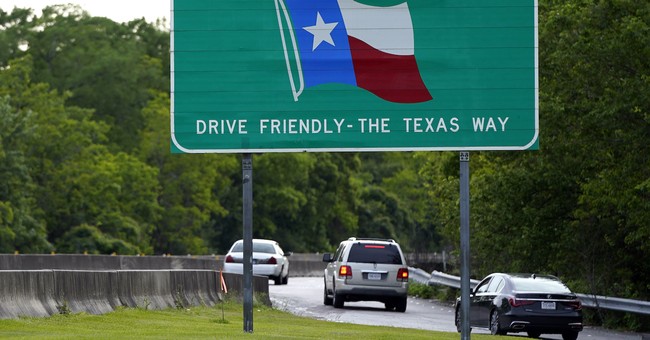
Back on September 26, I published a story about a Texas federal district court judge who entered a preliminary injunction ordering Texas election officials to restore the option for voters to cast a “straight ticket” ballot, a process by which the voter could vote for every candidate of a specific party that appears on the ballot without having to make a selection for a candidate in each individual race on the ballot.
In 2017, the Texas Legislature passed legislation, signed by the Governor, which eliminated the option of “straight ticket” voting under Texas law. At the time, Texas was one of only seven states that still allowed “straight ticket” voting, and by eliminating it Texas joined 42 other states in the way voters were allowed to cast their votes on the ballot. The legislation banning the practice, at the time it was passed, was set to go into effect on September 1, 2020, in time for the upcoming November Presidential Election.
Earlier in the summer, Texas and national Democrat Party interest groups filed suit to block Texas from enforcing the new law, seeking to have a federal judge order Texas to restore the “straight party” voting option for Texas voters. Federal District Judge Marina Garcia Marmolejo — appointed by Pres. Obama in 2011 — first dismissed the lawsuit in June, finding that all the “harms” alleged by the Plaintiffs that would come from eliminating the “straight ticket” option were speculative and insufficiently certain to justify the relief sought in the complaint.
But she changed her mind in late September, sustained the filing of an amended complaint, and then ordered the Texas officials to restore the “straight ticket” voting option to ballots and election machines in time for the election in November. Here is her reasoning:
- Texas voters have always had the option to vote a “straight ticket” ballot.
- Eliminating the “straight ticket” voting option will require voters to spend more time filling out their ballots by picking a candidate in every race.
- Some voters who would vote a “straight ticket” for every Democrat candidate might not make a selection in every race before they turn in their ballot so some Democrat candidates might get fewer votes than they would get with the “straight ticket” voting option.
- Requiring voters to pick a candidate in every race will require each voter to take more time to vote.
- If each voter takes more time, there will be longer lines at voting precincts.
- Longer lines at voter precincts in time of COVID 19 = bad.
- Bad longer lines are more likely in minority areas like big cities with large populations.
- Texas elected officials have a history of disenfranchising minority voters.
- Longer lines + COVID 19 + Texas racist history = minority voters First and Fourteenth Amendment rights to vote violated without “straight ticket” option.
- Harm is fewer votes for Democrat candidates because minority voters won’t have the patience to vote for every race on the ballot.
That’s about the extent of it. Judge Marmolejo found that if Texas allows voters to have the same voting options on election day as 42 other states, the constitutional rights of Texas voters will be violated — as well as the rights of Texas Democrat party candidates to win elections.
I predicted when her decision was published that it would not have much of a life in the Fifth Circuit Court of Appeals. They did not disappoint.
The Supreme Court has “repeatedly emphasized that lower federal courts should ordinarily not alter the election rules on the eve of an election.” Republican Nat’l Comm. v. Democratic Nat’l Comm., — U.S. —, 140 S. Ct. 1205, 1207 (2020). Most recently … the Court granted an application for stay of a district court’s preliminary injunction to the extent that it changed election rules five days before an election because “[b]y changing the election rules so close to the election date . . . the District Court contravened this Court’s precedents and erred by ordering such relief.” Time and time again over the past several years, the Supreme Court has stayed lower court orders that change election rules on the eve of an election….
The principle from these cases is clear: court changes of election laws close in time to the election are strongly disfavored. Bearing this principle in mind, our court previously has stayed orders changing election laws when an election is imminent…. Today too, in staying a preliminary injunction that would change election laws eighteen days before early voting begins, we recognize the value of preserving the status quo in a voting case on the eve of an election, and we find that the traditional factors for granting a stay favor granting one here.
The Court did not hold back in attacking the dishonest hackery of Judge Marmolejo’s legal rationale for ordering Texas officials to change Texas election laws:
The district court ignores the fact that in June 2017, a majority of the Texas legislature—composed of officials elected by Texan voters to represent them—passed a law that ended the long practice of straight-ticket voting. That law became the new “status quo,” and Plaintiffs had plenty of time over the past three years to challenge it. It is the district court’s eleventh-hour injunction that alters the status quo, not the Texas legislature’s 2017 duly enacted law. The fact that the status quo of Texas election law just prior to the district court issued the injunction was to not allow straight-ticket voting is demonstrated by the fact that Texas election officials, having had three years to adjust to HB 25, printed and mailed thousands of ballots without a straight-ticket voting option for the upcoming general election.
In June 2017, over three years ago, the Texas legislature passed HB 25. “If the district court judgment is ultimately reversed, the State cannot run the election over again, this time applying” HB 25. Veasey, 769
F.3d at 896. “[T]he State has a significant interest in ensuring the proper and consistent running of its election machinery . . . .” Id. The district court’s understanding of the nature of the injury that the injunction inflicts on Texas election officials, as discussed above, relies on a mistaken premise that the status quo of election law in Texas is straight-ticket voting. Given the actual reality, the State’s interest is severely hampered by the injunction.
This decision only set aside the Preliminary Injunction ordering Texas officials to restore “straight ticket” voting for this election. The case itself can continue if the Plaintiffs wish to keep spending money and resources showing how “straight ticket” voting is necessary to protect Texas voters’ right to vote. Their remedy — if they win — just won’t come in time for the November election.
I suspect they won’t do that.
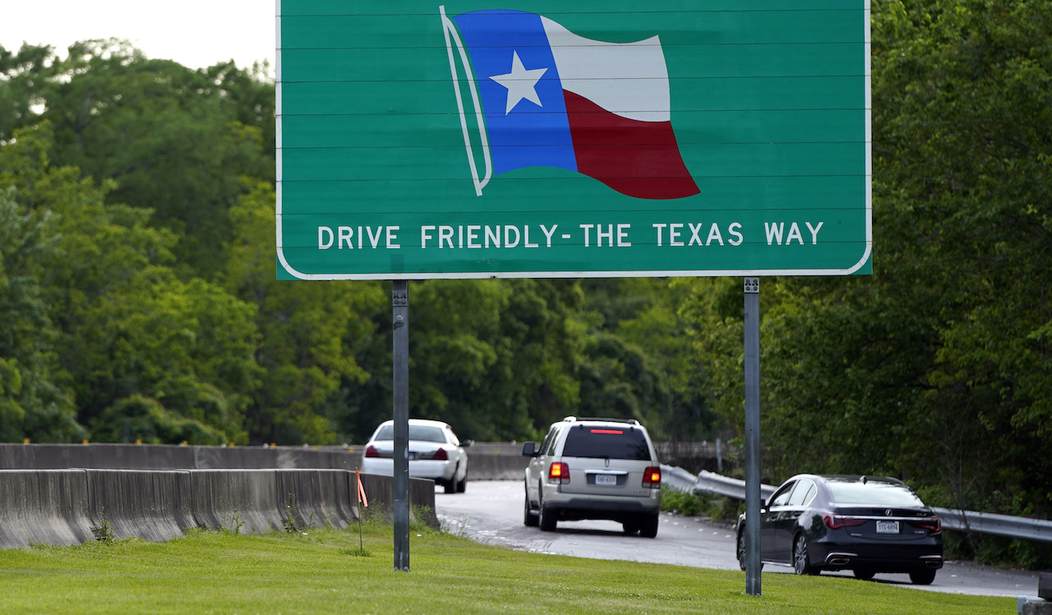


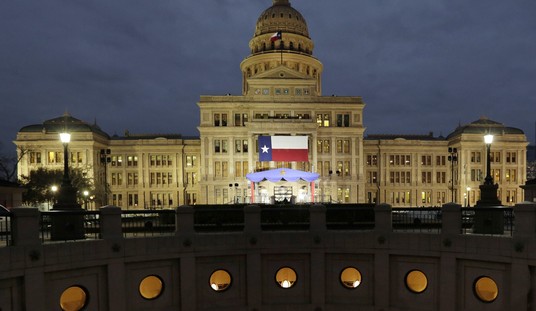


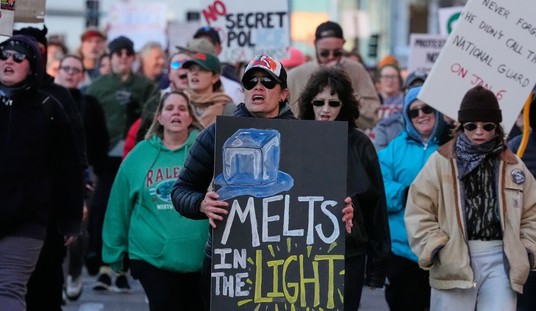
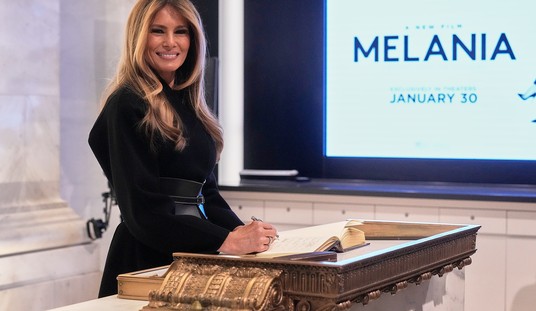







Join the conversation as a VIP Member